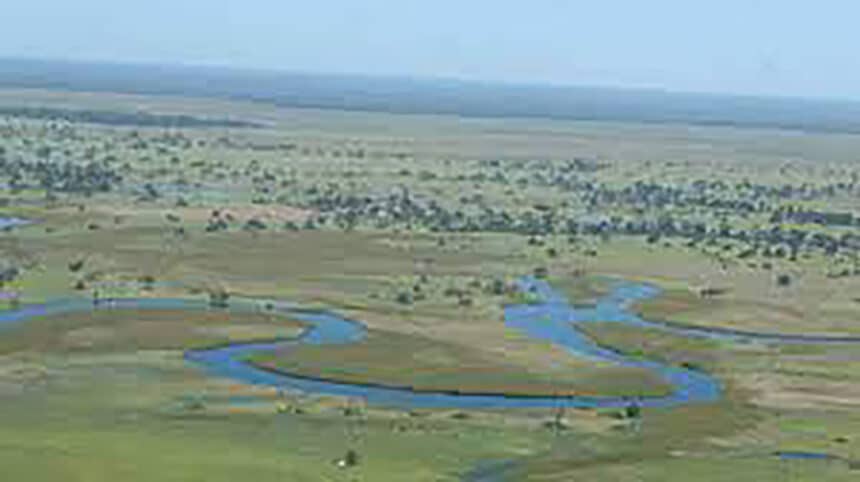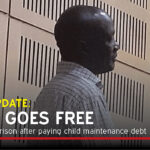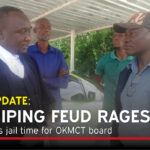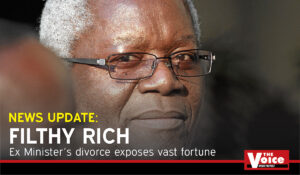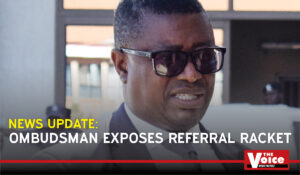The United Nations Educational, Scientific and Cultural Organisation (UNESCO) has asked the Botswana government to submit an updated report on the conservation status of the Okavango Delta, a World Heritage Site, by December 2024.
The report will be examined at the 47th session of the World Heritage Committee.
UNESCO’s request comes after recent reports that the Ministry of Minerals may have provided inaccurate information to UNESCO about the mining concessions in the delta and its buffer zone.
The reports also raised questions about the alleged surrender of licenses by Gcwihaba Resources (Pty) Ltd, a company that holds licenses in the buffer zone.
UNESCO wants the Botswana government to clarify the details of the new mining concessions and the status of the licenses held by Gcwihaba Resources.
UNESCO received a letter from Tsodilo Resources Ltd, a Canadian-based mining company, on October 14, 2022, stating that Gcwihaba Resources had not relinquished its licenses in the buffer zone, as claimed by the government.
The World Heritage Centre also sent inquiries to the government on November 24, 2022, but has not received any responses yet.
UNESCO maintains that mineral exploration or exploitation is incompatible with World Heritage status, in line with the International Council of Mining and Metals’ Position Statement, which discourages such activities within World Heritage properties.
Meanwhile, Gcwihaba Resources has threatened to demand substantial compensation from the government if it terminates its licenses.
The company claims that it has discovered significant iron ore deposits in the Shakawe area, which extends into another potential heritage site, Tsodilo Hills.
The company says that it invested in the exploration and expected to get permission for mining, but the government refused to renew one of its five licenses.
The legal dispute over the license renewal is still pending before the Maun High Court. The judgment was expected in August 2023.
Earlier this year, the Minister of Minerals, Lefoko Moagi, publicly supported Gcwihaba Resources, saying that the company had found substantial iron ore reserves near the Okavango Delta.
The government’s endorsement created the expectation that Gcwihaba might attract investors for potential mining.
However, a few months later, the government changed its position, citing concerns that the mining area was too close to the delta’s buffer zone, which could endanger the ecosystem.
The delta is a vital tourism hub that contributes significantly to the country’s economy.
Some community leaders, however, argue that the mine is far from the delta and should be allowed to operate separately.
Kabelo Mahupe, a trade unionist and opposition politician in the Okavango area, said, “The government should have struck a balance and allowed the mine and the delta to coexist independently. The only issue here is the lack of communication with the public; all we have are rumours.”
Adding to these concerns, Okavango Member of Parliament, Kenny Kapinga, raised questions about the government’s stance and its impact on the local economy.
He remarked: “The government is adopting a hardline position that has hindered the mine’s operation and deprived our area of the economic growth and employment opportunities we desperately need. Additionally, the lack of transparency on this matter has led to uncertainty and speculation. We urgently require jobs and economic progress in the Okavango to improve our status as one of the poorest regions in the country.”



